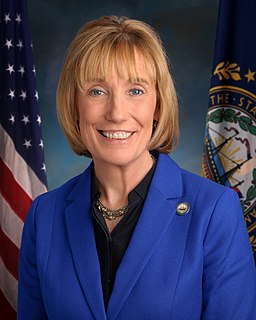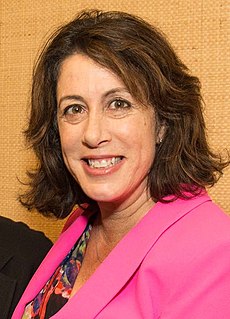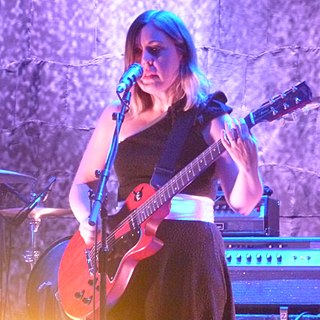A Quote by Linda Sarsour
When you talk about feminism, you're talking about the rights of all women and their families to live in dignity, peace, and security. It's about giving women access to health care and other basic rights.
Related Quotes
I get very frustrated when I hear women saying, "Oh, feminism is passé," because I think feminism means empowerment. Men can be feminists, too! Many men are feminists. We need feminism. It's not against men; it's about the empowerment of women. It's the respect of women - giving women equal rights, the same opportunities.
At the end of the day, these are issues that need to be discussed: femicides, among other things - immigrant rights, women's' rights, indigenous people's rights, animal rights, Mother Earth's rights. If we don't talk about these topics, then we have no place in democracy. It won't exist. Democracy isn't just voting; it's relegating your rights.
Most of the things I'm talking about are essential human rights. I don't think it should be political to say that children should be able to have lunch at school when their families can't afford to feed them properly, or to say women should have access to basic health care, or that Muslims deserve equal protection under the law, or police shouldn't be killing black people and getting away with it - it shouldn't be a political thing to say. A lot of people on the right standing behind Christian values should be standing with us, because equality is a basic tenet of Christianity.
When we think about Islamic feminism, it is not just about women's rights. It's about a more progressive and tolerant expression of Islam in the world for all people. Women's rights is one aspect of it, it's not the end-all, but I also think that the women's issue is the strongest entry point that we've got to challenging extremism. You raise a woman's issue and you get the backs of the conservatives up against the wall faster than just about any other issue in our community. It's the fastest path that we've got to making change happen.
It turns out that a lot of women just have a problem with women in power. You know, this whole sisterhood, this whole let's go march for women's rights and, you know, just constantly talking about what women look like or what they wear, or making fun of their choices or presuming that they're not as powerful as the men around. This presumptive negativity about women in power I think is very unfortunate, because let's just try to access that and have a conversation about it, rather than a confrontation about it.
We have to help decision makers realize that women's reproductive health rights are civil rights and that women need to be free to make the same decisions that men are free to make with regard to health care and whether and when to have a family. It's going to be increasingly important for women to speak up not only about being able to make our own decisions, but also about the importance of being trusted to make our own decisions.
I was a young feminist in the '70s. Feminism saved my life. It gave me a life. But I saw how so much of what people were saying was not matching up with what they were doing. For example, we were talking about sister solidarity, and women were putting each other down. We were talking about standing up for our rights, and women weren't leaving abusive relationships with men. There were just so many disconnects.
I care deeply about women's rights. I have been an outspoken advocate for them for many years and as secretary of state I carried that message around the world because empowering women, providing for women's rights, their full participation in society, politics, the economy is not only a matter of individuals being able to chart their own futures. It's good for democracy and it's good for peace and prosperity.
In addition to being an economic security issue, the failure to pay women a salary that's equal to men for equal work is also a women's health issue. The fact is that the salary women are paid directly impacts the type of health care services they are able to access for both themselves and their families.





































